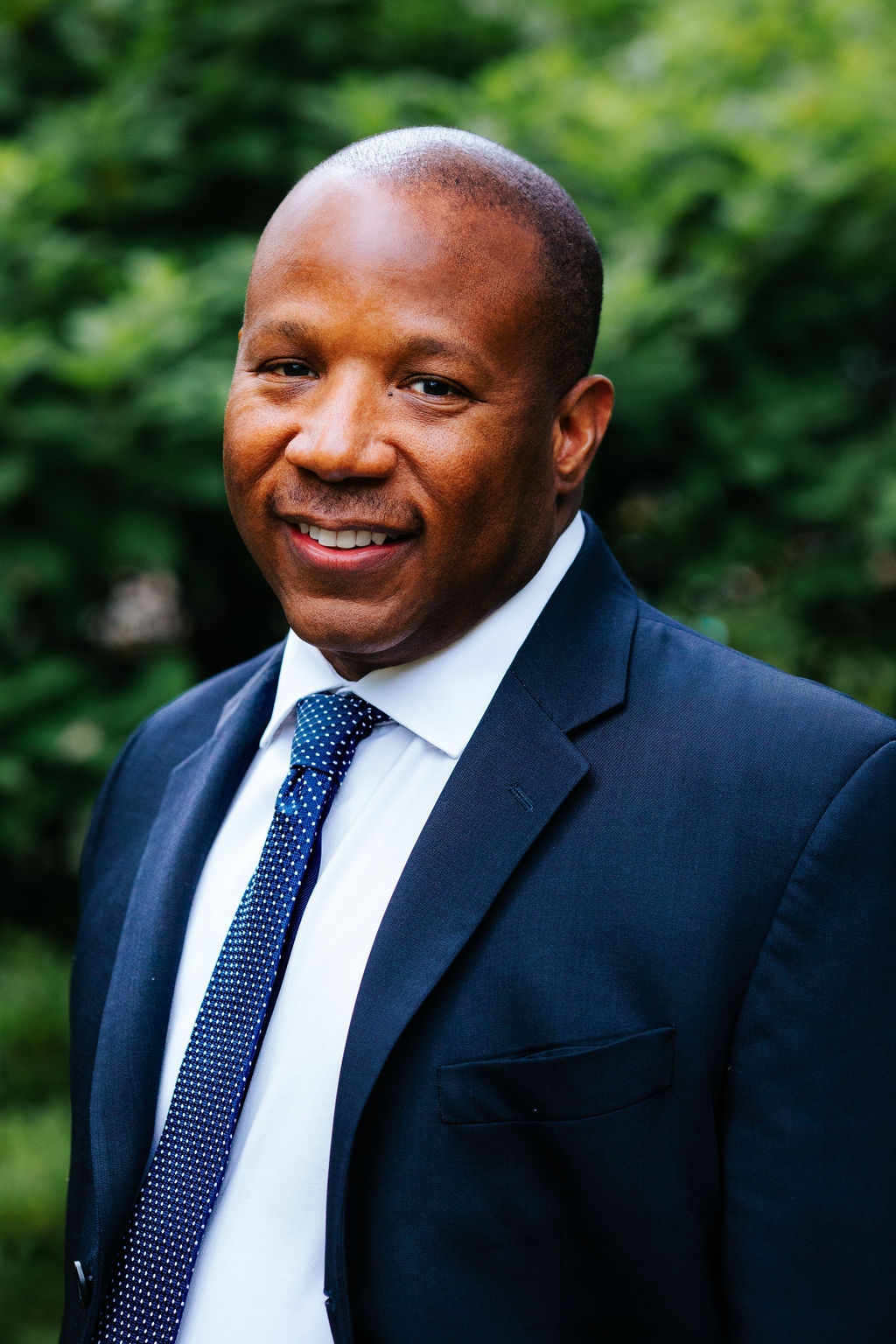While most professional sectors of American society, including medicine, are committed to diversifying their workforce, the majority of organizations still have some distance to go in achieving racial equity.
As part of the Weill Cornell Medicine’s third annual Diversity Week, Dr. Robert Livingston, a lecturer in public policy at Harvard Kennedy School of Government, delivered the second annual Elizabeth A. Wilson-Anstey, EdD Lecture on April 26, exploring how to make “profound and sustainable change on the issue of racial equity” and why organizations still struggle to achieve it.
Dr. Livingston, a social psychologist who is a leading expert on underlying racial bias and a diversity consultant for Fortune 500 companies, public sector agencies and nonprofits, outlined his five-step model for achieving racial equity, which he has detailed in the Harvard Business Review.

Dr. Robert Livingston
First, organizations must be aware there is a problem, and they must understand its causes and have empathy for the people who are affected—often difficult for white people who haven’t experienced racism. Organizations must also be willing to make sacrifices to achieve change, he said, such as the investment of time, energy or resources.
At the same time, Dr. Livingston challenged the notion that seeking equity, or “leveling the playing field” means sacrificing quality. “A different way to look at that scenario is…everyone has the exact same potential.”
In industry and academia, there is often the myth that there’s a “best candidate,” he noted. The same person can take the SAT four times and get four different scores, so scores often reflect a “statistical band” rather than a strict rank-ordering, Dr. Livingston said, in summarizing research by psychologist Dr. Sheldon Zedeck. Moreover, tests like SATs and MCATs are limited at predicting future outcomes.
What this means for admissions committees, he said, is: “Your job is not to choose the best candidates—that’s searching for a unicorn: you never know who the best candidate is. The ‘best candidate’ is an outcome rather than a trait. Instead, organizations should choose well-qualified candidates…and then invest the time, effort, energy and resources into developing those people into the best employees, students or practitioners they can be.”
There are three types of strategies organizations can use to address racial equity: changing individuals’ “hearts and minds,” changing cultural and social norms, and changing formal policies. Change is most effective when these are aligned, and they are not mutually exclusive. New policies can lead people to change their behavior and norms. Dr. Livingston provided the example of the Massachusetts Port Authority, which added diversity as a criterion for how they judge bids for building contracts. Before the policy was put in place, developers said it had been easier to hire people who they already knew. “They said, ‘Robert, we’re not racists, we’re just busy,’” he recounted. However, the new diversity policy incentivized them to actually invest the effort and energy to find diverse subcontractors and partners.
Dr. Livingston also emphasized that change is “all about leadership.” At Harvey Mudd College, the president, Maria Klawe, changed not only the STEM curriculum but the culture of the school, which led to an increase in women majoring in computer science, from 11 to 50 percent in eight years. “Corporate activism” coming from not only top executives, but board members, has also led to change, as with JP Morgan Chase, where CEO Jamie Dimon had the support of Mellody Hobson, a Black board member, to push for organization-wide reforms, including the establishment of the Advancing Black Pathways initiative.
“When you get that tag team between the board and CEO, then you get some real risk-taking and potentially real results,” Dr. Livingston said. “And you get people who are willing to do things to move the needle in a profound and sustainable way.”

